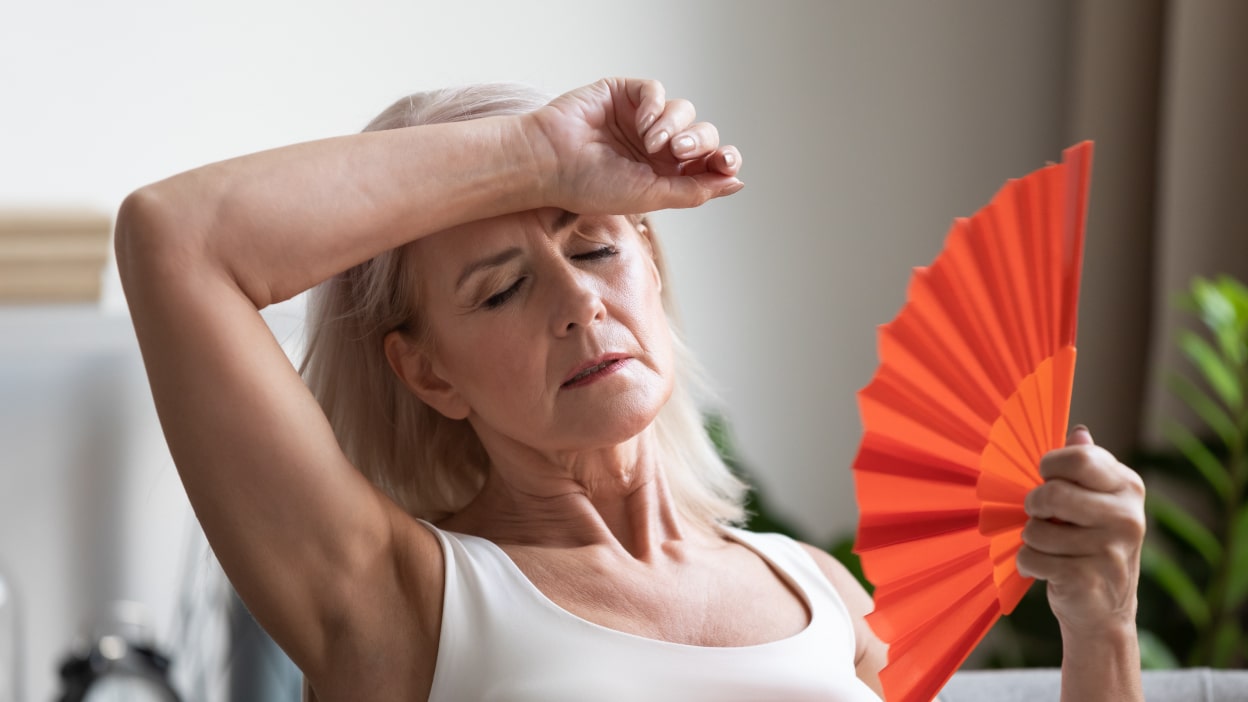The Mental and Emotional Effects of Menopause
The Mental and Emotional Effects of Menopause
Although physical symptoms, like hot flashes and night sweats, are most often associated with menopause, the emotional effects can be equally pronounced and troublesome. A lot of women describe these perimenopausal symptoms as being like bad PMS. Common emotional side effects include irritability, disproportionate emotional displays, anxiety, lack of motivation, worsening of pre-existing depression, fogginess and forgetfulness. While these symptoms may all be directly related to menopause itself, there may be other reasons unrelated to menopause for these symptoms, as well, so it is worthwhile to discuss these with your doctor.
Perimenopause and menopause happen to coincide with what can be the most stressful time in a person's life. Aging parents, kids moving out of the home, job stressors, planning for retirement, divorce and financial worries all happen in high frequency in our 40s and 50s. Lucky us! We get to go through menopause on top of all this. The stress alone may be adequate explanation for many of the mood and mental symptoms women suffer during menopause.
Sleep difficulties are extremely prevalent during perimenopause and menopause. And if you aren't getting adequate rest, it is reasonable to expect that you might not handle the stressors of daily life as gracefully as you normally would. There may be many underlying reasons for sleep disturbances. For some, it is the night sweats that wake them up frequently, in which case estrogen replacement may reduce the night sweats and result in improved sleep. For those who are experiencing severe stress this may also interfere with sleep. So therapy, meditation and other stress-relieving techniques can be helpful too. Getting regular exercise, maintaining a normal weight, treating underlying medical disorders such as sleep apnea, avoiding stimulants, alcohol and other psychoactive drugs are also recommended for anyone experiencing insomnia.
Depression is very common during menopause, but in and of itself depression or other mood disorders are not caused by menopause. But for those 20% of women with a prior history of depression, it is often exacerbated during perimenopause.
Antidepressant medication may be beneficial, especially for those who have been on antidepressants with good results in the past. SSRI antidepressants (a large category of medicines including Prozac, Zoloft, Lexapro and Celexa) are often used to alleviate not only the mood symptoms but hot flashes and night sweats, as well. While the mood issues that accompany menopause can be burdensome, these symptoms are often temporary and there are likely several options for alleviating them. It is important to have a detailed conversation with your health provider to make sure you have all the resources available to help you cope during this challenging time.


